One of the first steps in preparing for a business sale is to collect, structure and clarify all information relevant to the sale. This information is also important for making the indicative valuation of your business.
The information we collect from your company includes all information that is of interest to your potential buyer. For example: the annual figures, your market position, market developments, future expectations, relevant environmental factors, the internal organization and the composition of your workforce.
With this information, we can put together a concise information memorandum that we can use to interest potential buyers in your business. In addition, this information forms the basis for preparing an indicative valuation. This indicative valuation forms the starting point to begin the sales process.
What is an information memorandum in a business sale?
The information memorandum is a document that describes your business in detail. The memorandum contains all the qualitative information of the company, such as its activities, history, customers and personnel matters. In addition, the financial position of the company is extensively substantiated with various financial analyses. Both from a historical perspective and forward-looking. The information memorandum also covers the SWOT analysis, your current strategy and a vision the on key future prospects.
An information memorandum includes:
- Introduction; the reason why you want to sell the business
- Management summary
- The history and background of your company
- Information about your products and services
- Company structure
- The description of the market
- Sales and production data
- Customer Information
- Suppliers
- Organizational structure and culture, workforce
- Housing
- Your company’s financial data
- SWOT analysis
- Strategy pursued
- Futures
- Historical financial data
- Financial future expectations
- Other important information
It is obvious that we will send the information memorandum only to seriously interested prospective buyers. We do this only after they have first signed a confidentiality agreement. After all, the sales memorandum contains a lot of confidential information about your company.
Confidentiality agreement (or NDA) in a business acquisition
A lot of confidential information is exchanged during a business sale or business acquisition. It is therefore important to limit this exchange of information to seriously interested prospective buyers. We only do this after they have first signed a confidentiality agreement. This confidentiality agreement is also called an ‘NDA’, which stands for Non Disclosure Agreement.
A confidentiality agreement in a business acquisition includes:
- provisions on the duration of confidentiality
- a clause on using the information for purposes other than the intended transaction and
- a clause on approaching customers, suppliers and staff
- A clear description of the steps we may take if confidentiality is not maintained.
Paper: 10 steps to a successful sale of your business
The knot is tied. You want to sell your business. But how does that work? Based on our vast experience, we share in this roadmap the 10 steps to a successful business sale. That way, you will have a better idea of what to expect. Based on our vast experience, we share in this roadmap the 10 steps to a successful business sale. That way, you will have a better idea of what to expect.







